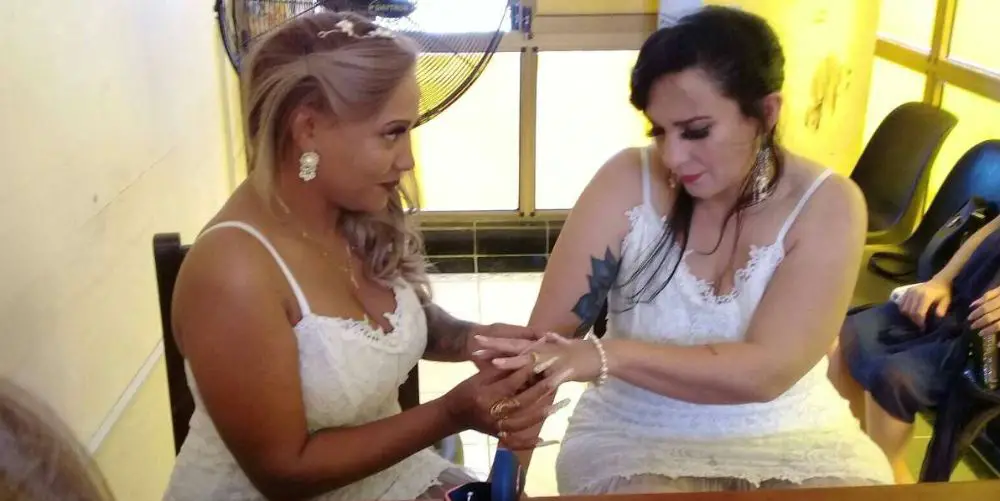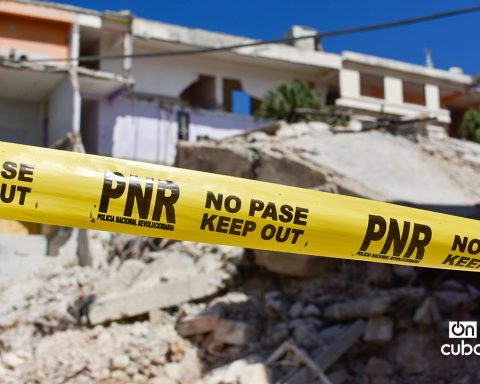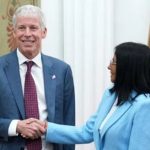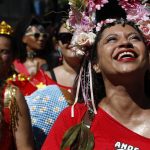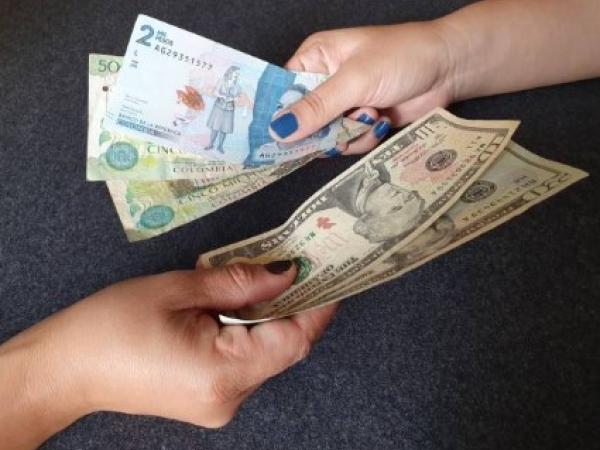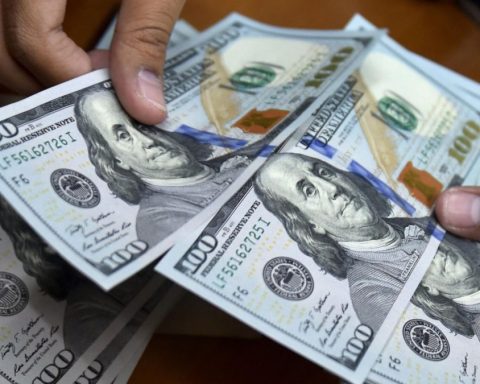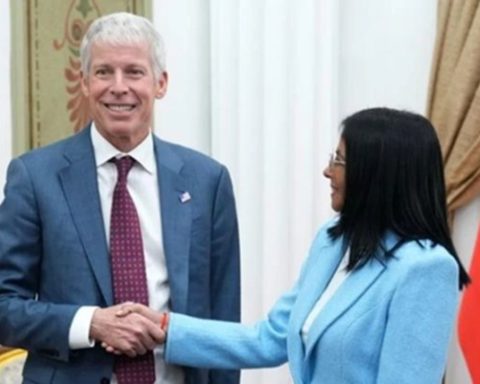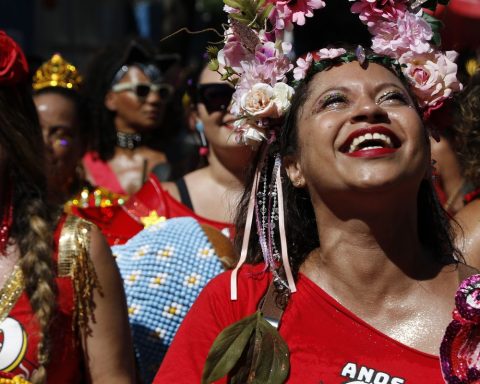MIAMI, United States. – Some 745 same-sex couples have married since the approval of the Family Code in a popular referendum six months ago, according to a report from the official newspaper workers.
According to Olga Lidia Pérez Díaz, director of Notaries and Public Registries of the Ministry of Justice (MINJUS), until the end of March there had been 462 marriages between male couples and 283 between women. In addition, 35 affective de facto unions of people of the same sex were formalized.
For her part, the Vice Minister of Justice of Cuba, Alicia Varona Estrada, declared to workers that the application of the new Family Code has passed “without negative incidents”, as revealed by the weekly exchanges, via videoconference, with the provincial directors of Justice, deputy directors and heads of departments of Notaries and Registries of their provincial directorates.
During the opening of the XV International Meeting of Criminal Sciences 2023 and the III Legality, Law and Society Event, in March of this year, the Minister of Justice of Cuba, Oscar Silvera Martinez, described the Family Code as “a legal work without equal in the world, with a high human content, protector of rights and guarantees for all.”
The Family Code, the only one of the laws included in the legislative schedule of the National Assembly of People’s Power (ANPP) until 2028 subject to popular consultation and referendum, generated an avalanche of criticism for submitting the rights of the majority to a vote. people LGBTIQ.
In the plebiscite, held in September 2022, 25.88% abstention was registered, a historical figure since the establishment of the Cuban regime. The law was endorsed by less than 70% of Cubans.
The Family Code was also criticized for changing the concept of “parental authority” to that of “parental responsibility”; for the transfer of State responsibilities with vulnerable people to citizens and families; and not to mention the rights of trans people.
Before its approval, the Family Code generated heated debates within civil society, as well as the majority opposition from the Catholic Church and the Protestant denominations present on the Island.
For their part, the official Cuban media launched a campaign that was qualified as an “operation pinkwashing” by the activist Yasmín Portales Machado.
“The Code is not a gift for the LGBTQ community in Cuba, but a renewal of the legal framework for all people (…). The impact that these new norms could have goes beyond what I consider the inalienable right of people to marry whoever they want,” said Portales Machado before the vote on the legal norm.
